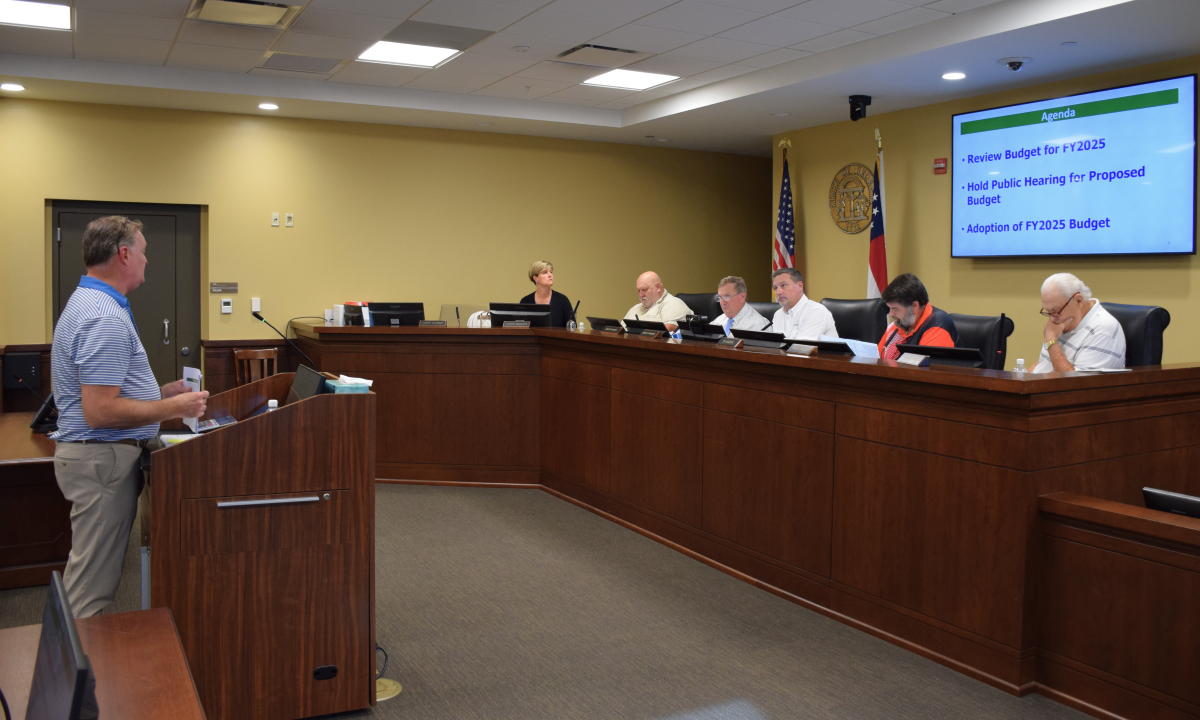
Governor Nathan Deal today signed off on $820,000 to begin work on a new building at the Clarkesville campus of North Georgia Technical College (NGTC). The money is part of the state’s new $21.8 billion spending plan for 2016.
During the signing ceremony, Governor Deal touted cooperation with state lawmakers in finalizing the budget, “Our decisions on what to fund each year carry a great deal of weight,” Deal said. “I commend the General Assembly for working with me to produce a balanced budget that reflects the needs of our agencies and the people of this great state.”
The NGTC money will fund the planning and design phase for the school’s new Economic Development & Construction Technology Center. “We very much appreciate the efforts of our local legislative delegation who helped secure the funds, particularly Senator John Wilkinson,” said NGCT Public Relations and Information Director Sandra Maughon.
Wilkinson, who represents Habersham County in the Georgia Senate, says he pushed for the money because, “this will assist existing businesses and help us recruit new industry into Northeast Georgia.”
Maughon says the new facility, slated for completion in 2017, will house the Computer Numerical Control (CNC) & Machine Tool Technology and the Air Conditioning Technology programs. Currently both of those programs boast a 100% job placement rate for students. The new facility will mean NGTC can increase the number of graduates and expand their current programs.
The total price tag for the new 45,690 sq ft building is an estimated $11,833,000.
The final state spending plan also includes:
- An increase of over half a billion dollars in funding for K-12 education, much of which will be used by local school districts to continue to restore instructional days, eliminate furlough days and raise teachers’ salaries
- Funding for the continued development of the Georgia Film Academy to ensure the state has the workforce needed to sustain its thriving film industry
- An expansion of the number of strategic industries for which the full cost of tuition is covered for Georgia’s technical college students — an effort to help meet demand for available workers
- Another $36 million for services for Georgia’s children in need, including funding for additional caseworkers and money to implement the Child Welfare Reform Council’s recommendations, which promote the safety and effectiveness of caseworkers
- Funding for tools needed to make the new “hub and spoke” model for rural hospitals a success, which will help ensure citizens in these rural areas have access to needed care
- An additional $19.7 million to continue the state’s criminal justice reforms, which utilize community alternatives to sentencing, educational initiatives and reentry support to enhance the safety of Georgians







